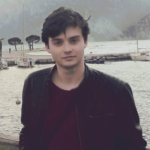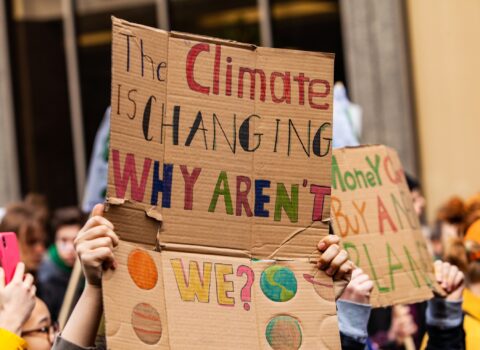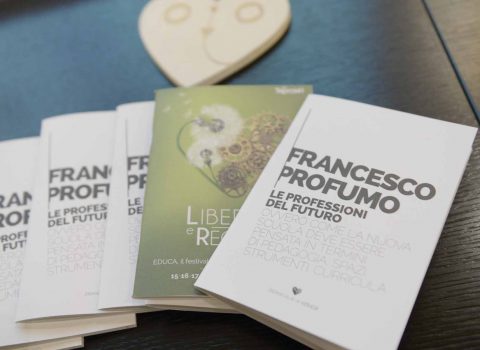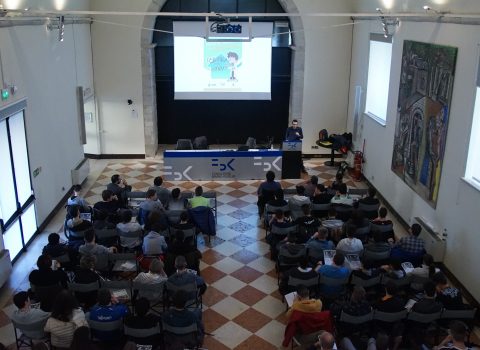
Citizen Science: for a democratic science
The second detailed article drawn from the latest edition of Observa's Science, Technology and Society Yearbook is devoted to Citizen Science and public participation in research. With a mention to the successful experience of the "science workshop" conducted in recent years at FBK
In recent years, there has been a growing awareness within institutions and among private citizens that he latter should be included in scientific research. Citizen Science projects, which seek to make this sensitivity tangible, find themselves having to mediate between two needs: to democratically include citizens in scientific research and policy-making, and to respect the expertise of the scientific community and the policy-making body. Particularly successful in this regard was the “La bottega della scienza” (the “science shop”) project, included within the larger project entitled “CISA CittadinI per la ScienzA, Citizens for Science),” funded between 2018 and 2021 by the Autonomous Province of Trento and FBK and coordinated by Matteo Serra.
Citizen Science
Citizen Science is an umbrella term that has now entered the public debate, referring to all those activities carried out to involve citizens in research practices useful for developing scientific knowledge, or to include them in pathways of consultation and informed decision-making on technical-scientific issues. third dimension can be added to these ones, one that has been the central node of “Bottega della scienza”: the inclusion of citizens in the definition of specific “research directions,” based on requests that have emerged precisely from them.
Participation diagrams
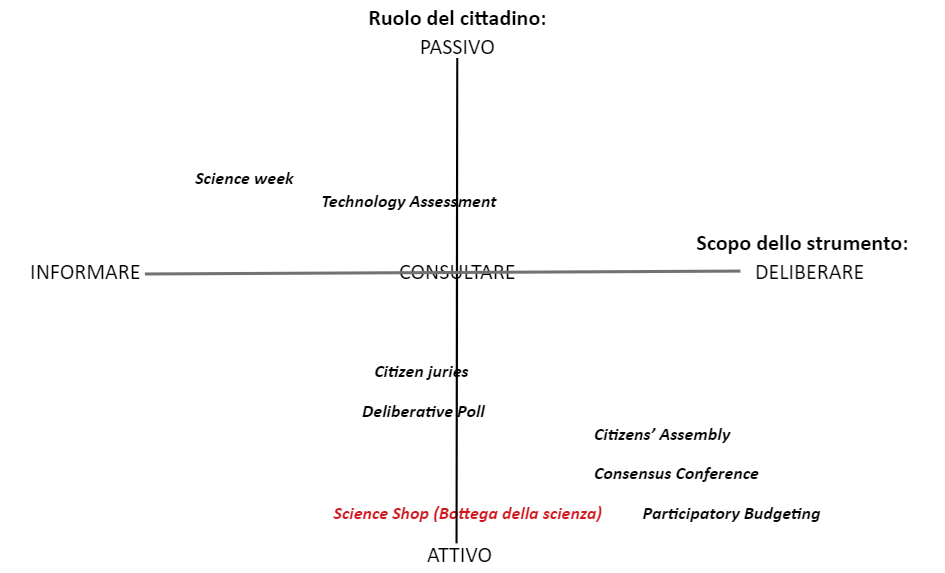
Those in the diagram are the main Citizen Science initiatives, classified according to two combined axes: the horizontal one classifies the purpose that the initiative aims to achieve; the vertical one, the role of citizens.
As for the “Bottega della Scienza”, it was a unique experiment in Trentino, involving citizens in a “science shop” project. But what is a science shop?
Citizens and research, research and citizens
Very often research runs the risk of becoming stranded in the attics of an ivory tower: this is not always a bad thing, since the technicalities and complexities of each scientific discipline require respect for the expertise of scientists. However, when science does not question itself on the needs of citizens and only pursues directions dictated by private funds, the interests of individual researchers or even research directions that are just long-established, a small paradigm break must be introduced: something that will merge, not replace.
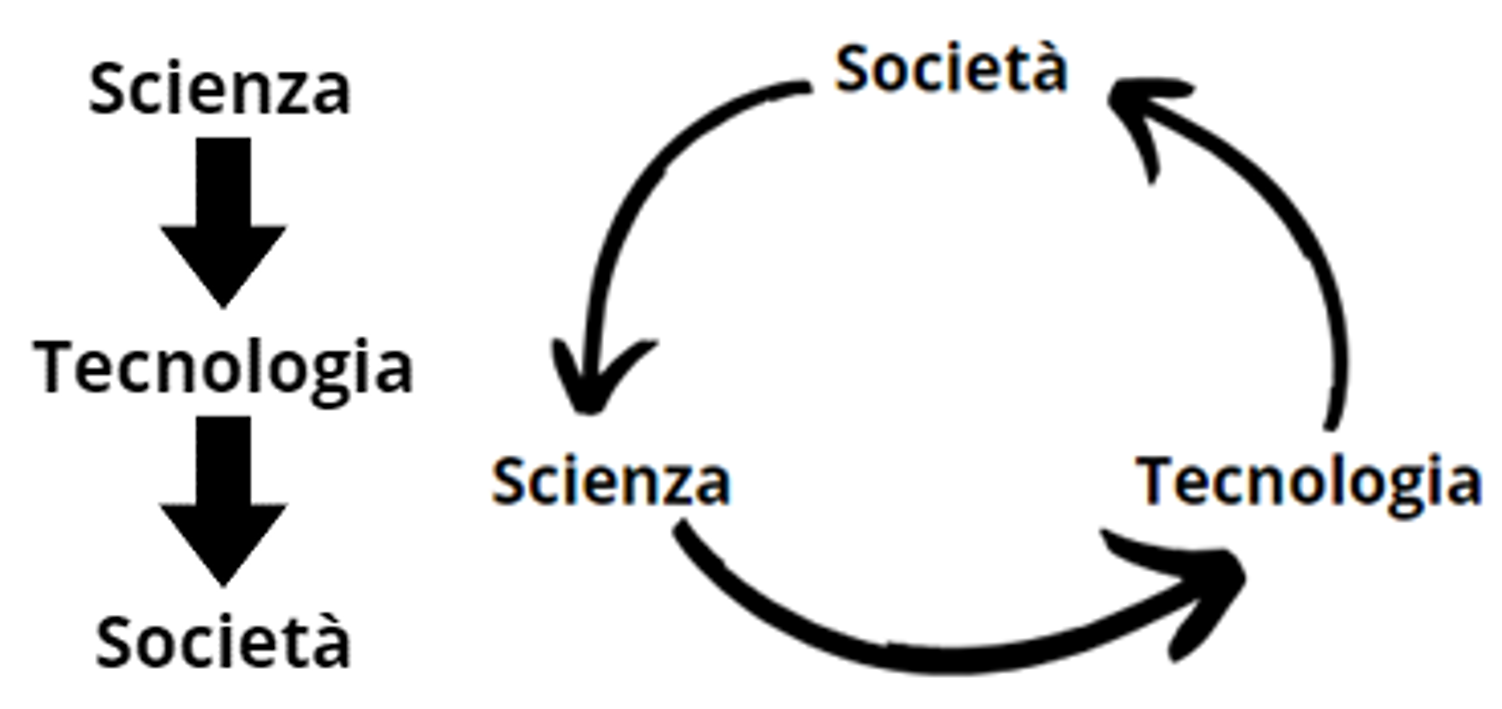
These research proposals were carried out by high school students, with the supervision of researchers. A third player, schools, joined the traditional citizens-research pairing of the science-shop. In the science-shop project, both avenues of Citizen Science were pursued: consultation with the citizens (private citizens of Trento) about research proposals, and active involvement of schools (students) in the design and implementation of such proposals.
The case of Cecilia Cainelli well shows the spirit of the initiative: a citizen suffering from type I diabetes since childhood, one day came across Bottega’s project on LinkedIn: from this lucky scrolling a proposal originated, this proposal prompted a collaboration with the Trento “M. Buonarroti” Technical High School, and this collaboration resulted in a software application based on artificial intelligence. The app has the function of greatly simplifying the calculation of the correct amount of insulin to be taken daily for a diabetic patient. A more detailed report of this experience can be found in this article.
The whole spirit of the initiative is condensed here: a real problem advanced by a citizen, not an expert but nevertheless directly concerned, the development of a proposal in a collaborative environment, and a direct involvement of students in its implementation.
Immanuel Kant argued that reason without the senses was empty, and the senses without reason were blind. Similarly, science, without social needs to respond to, would remain empty, an end in itself, and society, without science, could not see the means to address its problems.

